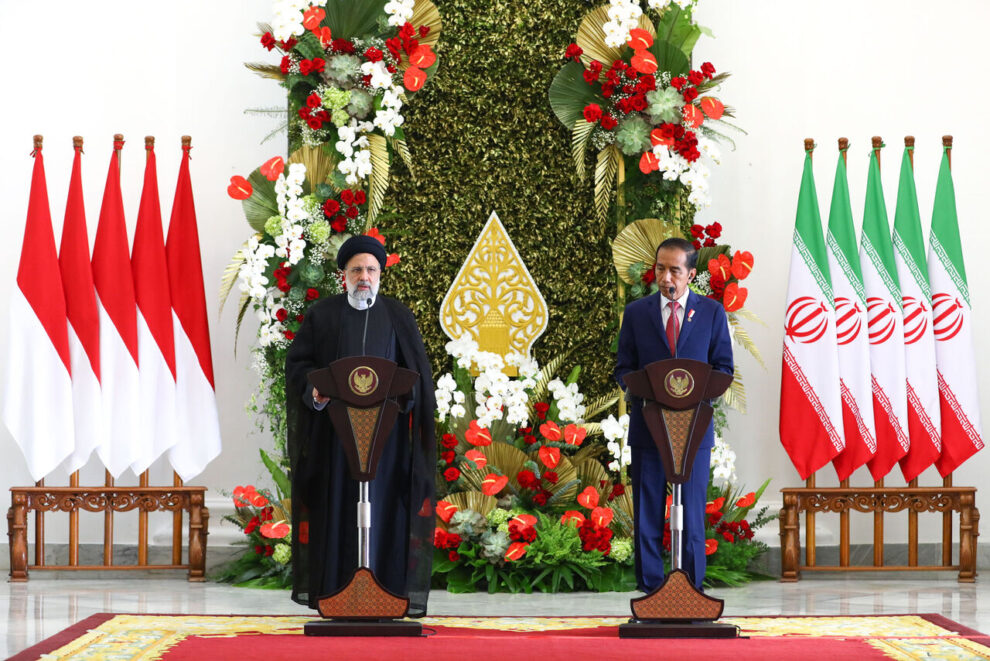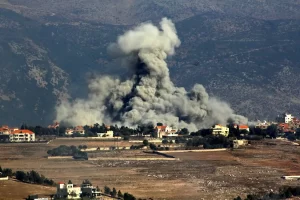The Indonesian economy will likely slow down if the Middle East conflict worsens following Iran’s retaliatory strike on Israel, according to experts.
Iran’s recent missile strikes on Israel have sparked worries over the escalation of the Middle East crisis. Fears over its economic impact –including on Indonesia– are mounting. The Indonesian government earlier this year said that the Indonesian economy could expand by 5.2 percent this year. In 2023, the growth stood at 5.05 percent. Senior economist Bambang Brodjonegoro said on Monday that any escalation of the Middle East conflict could be bad news for Indonesia’s growth.
“If this escalation widens or takes longer than expected, even sparking uncertainty for many parties, it can be challenging for Indonesia’s economy to grow 5 percent,” Bambang told a virtual conference.
“Perhaps we can see the growth drop to be in a range of 4.6 percent and 4.8 percent. Because there is a disrupted external balance, inflation, and not to mention how our economy heavily relies on domestic consumption,” the former minister said.
According to Bambang, Indonesia can only rely on the economic impact of the sub-national government election to unlock a 5-percent growth when that happens. On November 27, Indonesians across the archipelago will cast votes to pick the heads of their regional governments, including governors. This came after Indonesia held the world’s largest single-day election in February, during which Indonesians also picked President Joko “Jokowi” Widodo’s successor.
“Even so, elections today are different. Nowadays, people use social media [to promote their candidates], so we did not see much of [domestic] consumption outside cellular data or internet [in the February election]. The upcoming regional election will likely not be that different, but it is still likely that we will see the economic impact from the domestic consumption of physical goods,” Bambang said.
Bhima Yudhistira, the director of the think-tank Center of Economics and Law Studies (Celios), also made a similar comment, even stating similar forecasts. He said that the Iran-Israel conflict could take a toll on Indonesia’s exports to the Middle East, Africa, and Europe.
“[The affected exports] will cause Indonesia’s growth to slow at around 4.6 and 4.8 percent this year,” Bhima told the Jakarta Globe via text on Monday.
Iran recently launched a retaliatory strike on Israel after the latter attacked the Iranian consulate in Syria. Not long ago, a recent report issued by the ASEAN+3 Macroeconomic Research Office (AMRO) wrote that Indonesia’s real gross domestic product (GDP) could grow by the targeted 5.2 percent this year. The AMRO report, however, came out before Iran’s attack.






































